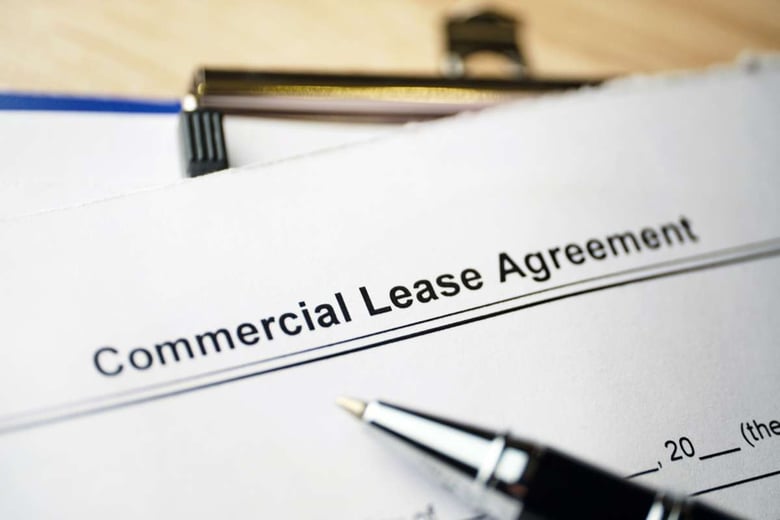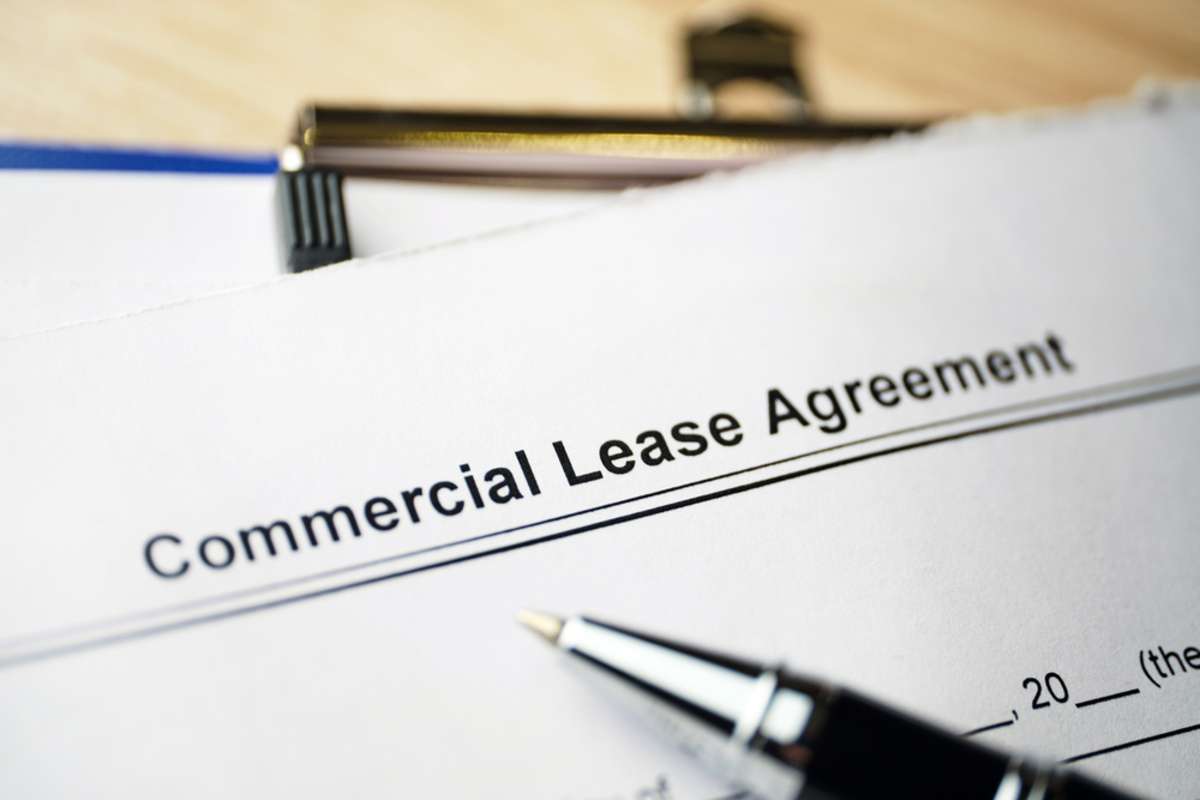How to negotiate a commercial lease in Greenpoint

Many commercial tenants don't realize that before signing a commercial lease, there's a negotiating process that takes place to finalize important details. So while you might have little to no flexibility to negotiate a residential lease for your apartment, commercial leasing is quite different!
If you're looking for store space for rent in Greenpoint, NY, or surrounding areas throughout Manhattan, there are a few things to keep in mind when it comes to negotiating your lease. Here are a few items commonly discussed before finalizing a lease for retail space with some tips from the experts at Verada!
The base rent amount for retail spaces
Did you know that the listed monthly rent amount is negotiable? While lowball offers aren't likely to go over well with your potential new landlord, the base rent amount is often the starting point for negotiations.
When working through commercial lease details, make sure you've done some research about current rental rates per square foot for other similar retail space for rent in the Greenpoint area. With good market research, you have the information you need to offer a reasonable price point below the current base rent amount.
Be prepared for landlords to say no to reducing the monthly rent. However, if they're asking a significantly higher price than comparable commercial space in the community, this might not be the right space for your business.
Also, keep in mind that this isn't the only point to negotiate during the leasing process for retail spaces. Before moving on, be sure to get a clear idea of what the base rent will be.

Additional rent amounts that could apply to the retail space
What's the difference between "base" rent and "additional" rent? In most cases, the base rent covers the retail location space itself. However, many commercial lease agreements also include "additional" rent. This can cover things like utilities, taxes, and common area maintenance fees.
Some of these items may be negotiable, as well. Be sure to ask about all additional costs associated with the space and research what other commercial property owners charge for the same items.
The length of your lease (and potential incentives)
It's important to consider how long you want to be in this space when working through leasing details. In some cases, landlords may offer incentives for signing a longer-term lease. Depending on the lease term, this might include a rent abatement (a reduction in the monthly rent amount) that makes signing for a longer term a smart financial decision for your business.
If you don't see an incentive in the first draft of the lease, ask the landlord about it. When like-minded commercial property owners and businesses come together, it strengthens the community and helps landlords and business owners succeed together. Longer lease terms can be beneficial for your landlord as well as for your opportunity to establish yourself in the neighborhood and save money on your rent over time.
The Good Guy Guarantee in Greenpoint
Commercial leases in New York often include something called the Good Guy Guarantee.
This clause protects tenants from landlords who might try to take advantage of them during or after their lease term has ended. With a Good Guy Guarantee in your commercial lease agreement, if you provide plenty of notice that you need to break the lease early, are caught up on all rent owed to the landlord, and leave the space in excellent condition, your landlord can't pursue any further action against you when you leave the building.
Landlords often offer this guarantee as part of the tenant's lease agreement, but it's important to remember that you have some leverage to negotiate this clause as well.
Rent abatement and escalations
When you're negotiating your commercial lease, make sure you understand the terms around rent abatement and escalations.
We mentioned that rent abatement is a reduction in the monthly rent that's typically offered as an incentive for signing a longer-term lease. On the other hand, rental escalation is an increase in the monthly rent written into the lease agreement. This is often based on things like inflation or market conditions.
It's important to be clear about when any rental abatements or escalations will occur and how much they will be. This way, there are no surprises down the road, and you can budget accordingly for your business.
Other terms to consider in your commercial lease agreement
In addition to the items we've already discussed, there are a few other terms that you might want to consider when negotiating your commercial lease agreement. These can include renewal rights, termination rights, and the right of first refusal if the current tenants occupying the available space you have your eye on decide not to renew their lease.

Get expert help when negotiating a lease for store space for rent!
Whether you're opening a new shop, restaurant, or service provider in the Greenpoint community, take time to review all of these terms with your potential landlord before signing on the dotted line. If you're not sure what specific terms mean or the best approach to negotiating anything we've mentioned today, let Verada help! We work hard to help landlords and business owners connect to build better communities. Reach out soon to learn more!
Download our free “Guide to Choosing Your Next Retail Space” for more of our expert insights into finding the best commercial space for your business!
You might also like...
The Difference Between Gross Leases vs. Triple Net Leases
When searching for the right retail space, two of the most common commercial leases you'll come across are gross leases and triple net leases (or NNN ...
Triple Net Leases: Pros and Cons to Know
Interested in leasing a commercial space? Know your options! A variety of lease structures are available to you, including the triple net or NNN ...

